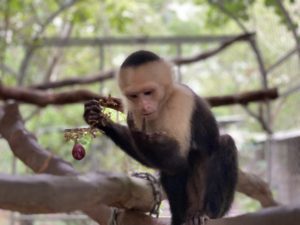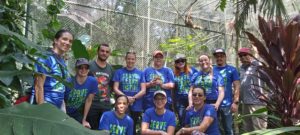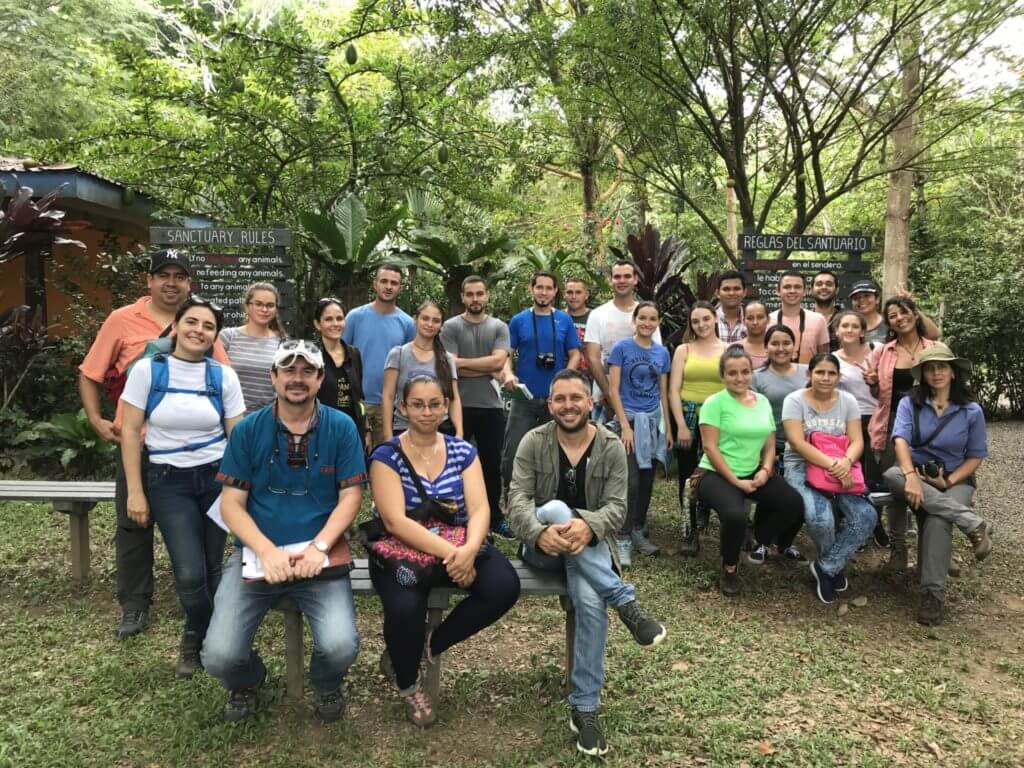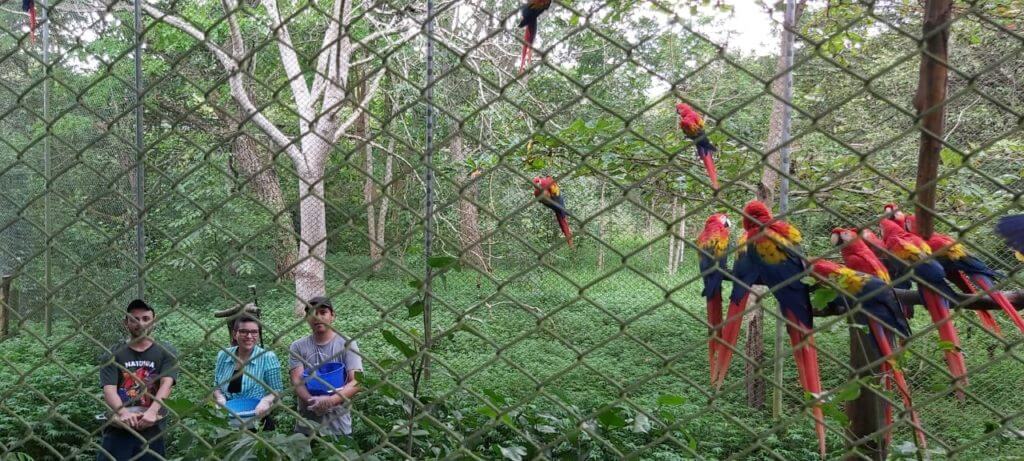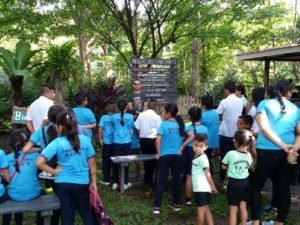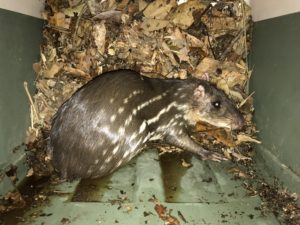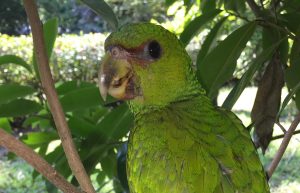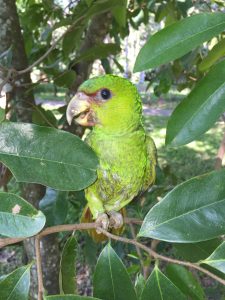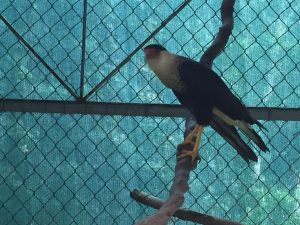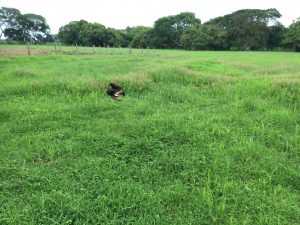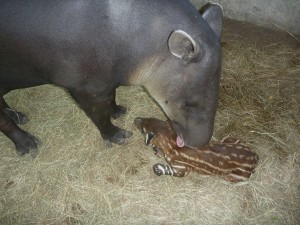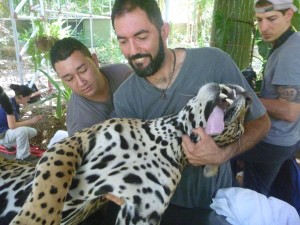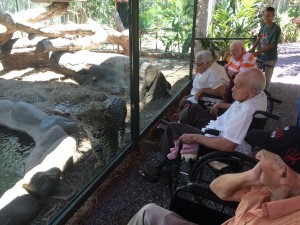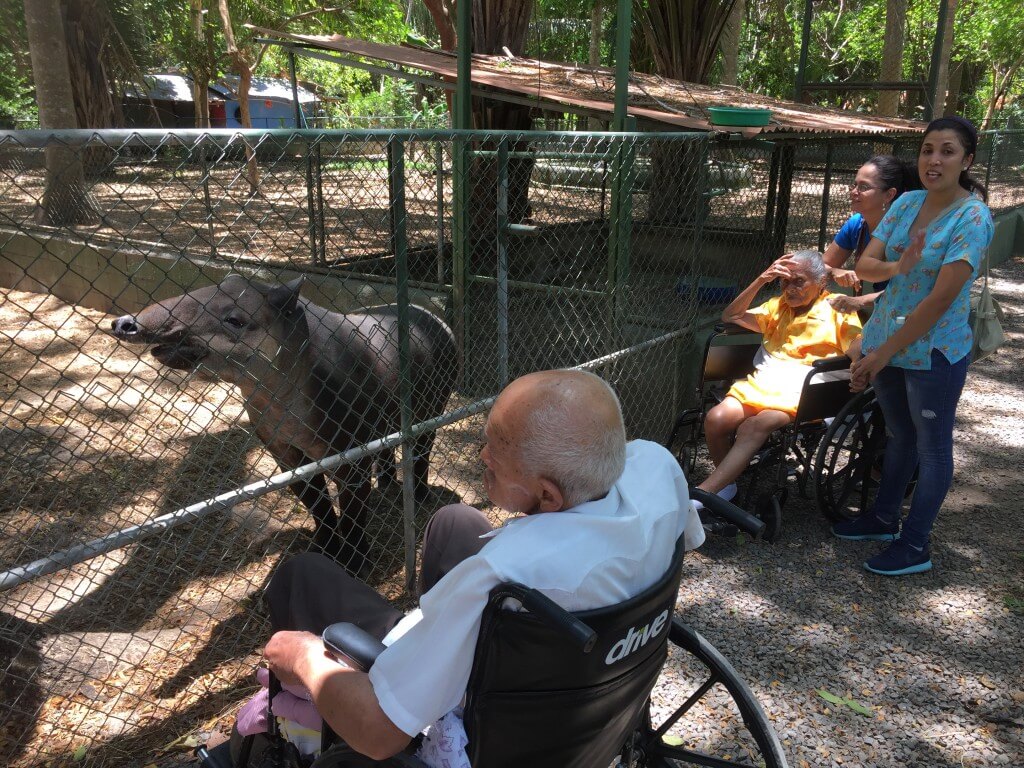White faced monkey rescue
- Post published:31 May, 2023
- Post author:santuario
- Post comments:0 Comments
- Post category:En recuperación/Environmental education/Mamals/Natives
The white-faced monkey as a pet in Costa Rica: Lessons in conservation and animal welfare.
The white-faced capuchin monkey (Cebus emitator), a symbolic species of Costa Rica, has been rescued by the Ministry of Environment and Energy of Costa Rica (MINAE) from a family in Guanacaste, where it was kept as a pet.
According to Costa Rica’s Wildlife Law 7317, the extraction and keeping of wild animals in Costa Rican households is prohibited.
Former Minister of Environment and Energy Edgar Gutiérrez emphasized the importance of protecting and conserving natural resources, including wildlife, as the foundation for the country’s sustainable development.
Why is this lesson about the white-faced capuchin monkey in Costa Rica so relevant?
Regrettably, cases of wild animals being used as pets, like the white-faced capuchin monkey, are still observed.
Turning a wild animal into a pet involves extracting it from its natural habitat, causing changes in its diet, environment, and behavior, and losing its identity. These factors can lead to considerable psychological and physical issues in the white-faced capuchin monkey.
This problem not only harms animals but also poses risks to human health. Wild animals can carry microorganisms and diseases that can severely affect us.
The transition from freedom to captivity can induce violent behaviors due to the stress of confinement. Additionally, animals can experience depression and self-injury. There are even documented cases of suicide in other species, such as dolphins. In the sanctuary, a capuchin monkey with three legs has been recorded due to the stress of living in a house alongside other domestic animals like dogs or cats.
The solution lies in nature protection, promoting a conscious culture, and fostering empathy towards wild animals.
Ramcez’s Story, the White-Faced Capuchin Monkey in Costa Rica
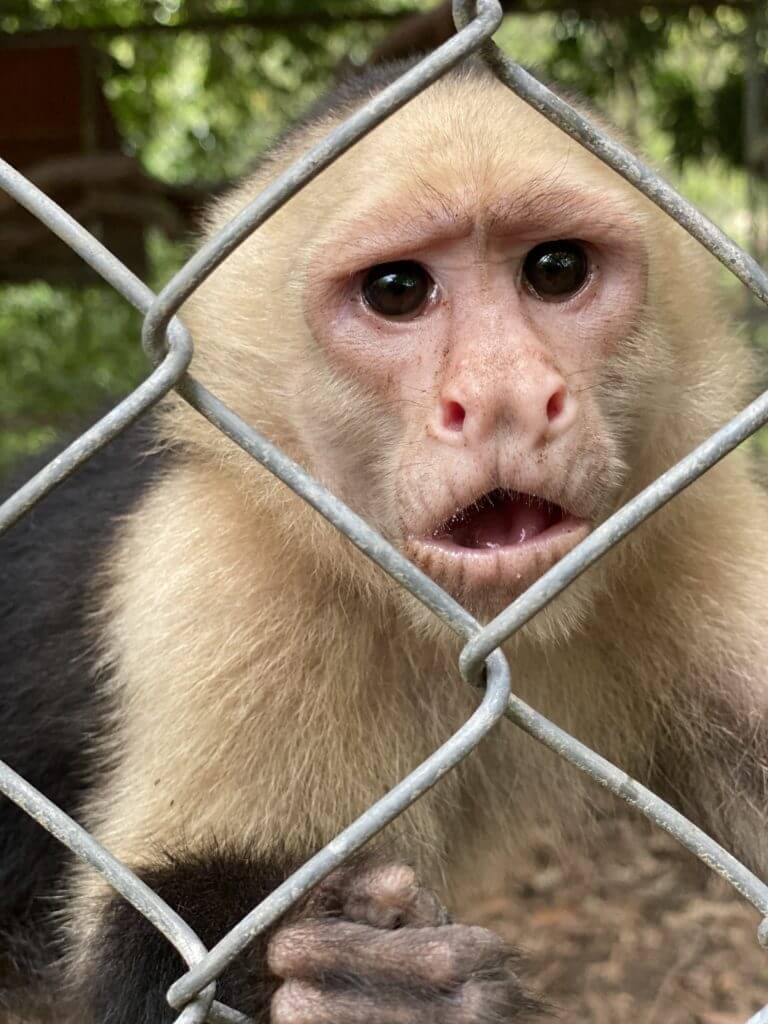
Ramcez spent four years in a Guanacaste family, where he was treated like a human baby. This is reflected in his behavior, such as extending his hand to ask for food in the presence of people.
Without the company of others of his species for so long, the white-faced capuchin monkey has become so humanized that he has completely lost his identity, leading to psychological problems. His rehabilitation will require time, patience, and the support of sanctuary workers, who have specialized knowledge in handling these animals.
Despite his short life, Ramcez has experienced numerous traumas, including losing his mother. Primates need extended learning periods alongside their mothers, lasting up to 10 years. The domestication of these animals robs them of their nature and exposes them to well-being challenges.
Due to their intelligence, animals in captivity, especially primates, require stimuli and enrichment to maintain their well-being. They are provided with homemade or purchased toys like hammocks, balls, and ropes, among others, to satisfy their physical and mental needs. While the recovery of these animals can be complex, community collaboration can facilitate the process.
If you’d like to learn more about the white-faced capuchin monkey in Costa Rica, click here.
If you wish to contribute to rehabilitating Ramcez and other animals in the sanctuary, we offer four simple ways to help in the following link here!.
Actualizado 8 junio 2023
